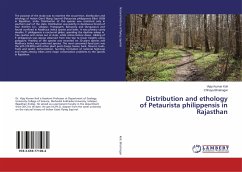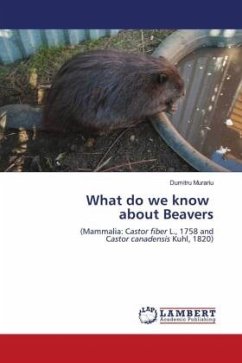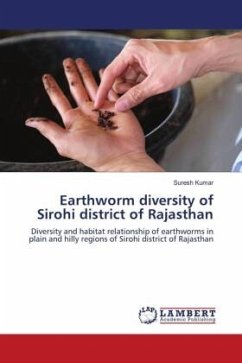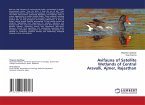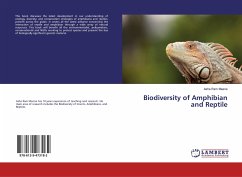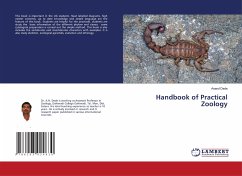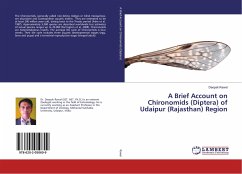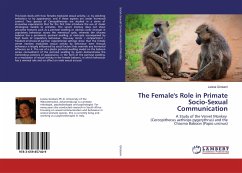The purpose of the study was to examine the occurrence, distribution and ethology of Indian Giant Flying Squirrel (Petaurista philippensis Elliot 1839) in Rajasthan, India. Distribution of this species was restricted only in southern part of the state. Distribution was patchy in deciduous forests of four districts (i.e., Udaipur, Pratapgarh, Banswara and Dungarpur) and found confined in Madhuca indica groves and belts. It was primary cavity dweller. P. philippensis is nocturnal glider, spending the daytime asleep in tree cavities and comes out at dusk, while retires before dawn. Gliding of P. philippensis was always observed from tree top to lower heights using patagium. Feeding of the species was recorded on 20 plant species and Madhuca indica was preferred species. The most consumed food part was the pith (78.06%) with other plant parts (twigs, leaves, bark, flowers, buds, fruits and seeds). Deforestation, hunting, formation of national highways and myths among tribes were major conservation problems to the species in Rajasthan.
Bitte wählen Sie Ihr Anliegen aus.
Rechnungen
Retourenschein anfordern
Bestellstatus
Storno

